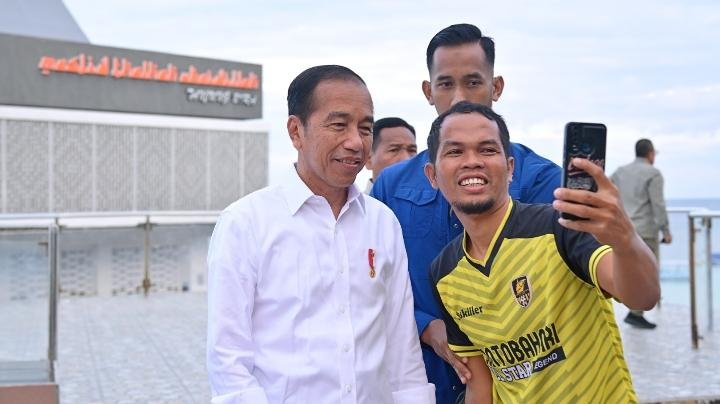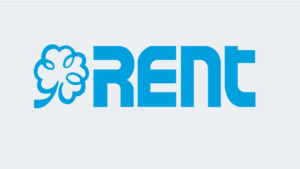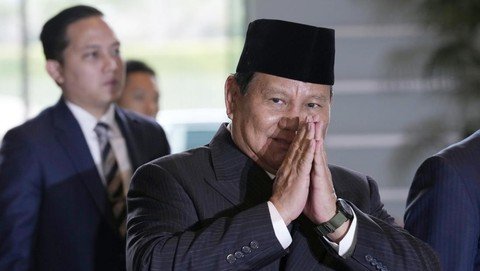
Monday, July 08, 2024
The Priority Development Targets of the Prabowo Administration for 2025
The Government and the Budget Committee (Banggar) of the House of Representatives (DPR) have agreed on the Draft State Revenue and Expenditure Budget (RAPBN) for the Government Work Plan (RKP) 2025. In 2025, the government will be led by the elected President and Vice President Prabowo Subianto and Gibran Rakabuming Raka.
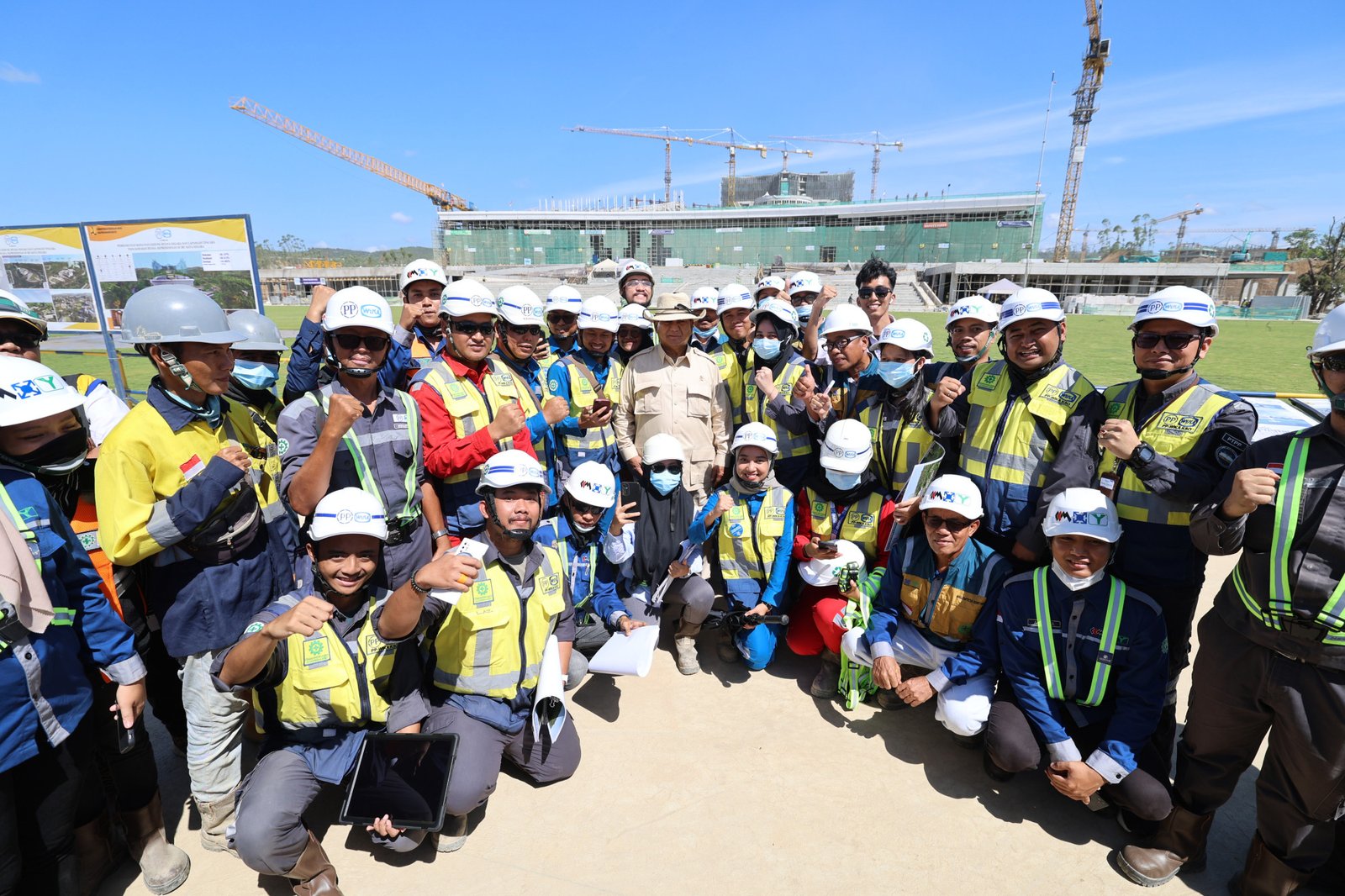
The RAPBN discussion involved the Budget Committee of the DPR, Finance Minister Sri Mulyani Indrawati, Minister of National Development Planning/Bappenas Suharso Monoarfa, and Governor of Bank Indonesia Perry Warjiyo during a Working Meeting (Raker) today, Thursday (4/7/2024).
"Each note in this section is part of the follow-up and strengthening of government policies and programs in the 2025 State Budget. Can it be approved?" said Banggar Chairman Said Abdullah, followed by an agreement from the meeting participants.First, from the fiscal stance, it has been agreed that state revenue will be 12.30-12.36% of GDP, state expenditure 14.59-15.18%, central government expenditure 10.92-11.17%, transfers to regions 3.67-4.01%, primary balance deficit 0.14-0.61%, overall deficit 2.29-2.82%, investment financing minus 0.30-0.50%, and debt ratio 37.82-38.71%.
The targets and indicators for development according to the RKP 2025 include economic growth of 5.3-5.6%, a reduction in the poverty rate to 7-8%, a Gini ratio of 0.379-0.382, an Open Unemployment Rate (TPT) of 4.5-5%, a Human Capital Index (IMM) of 0.56, extreme poverty reduction to 0%, a reduction in greenhouse gas emission intensity by 38.6%, a Farmer Exchange Rate (NTP) of 115-120, and a Fisherman Exchange Rate (NTN) of 105-108.
The national priority targets include the realization of community and state life based on Pancasila, democracy, and human rights, with an Indonesian Democracy Index of 81.69-85.23, a Pancasila Actualization Index of 79.37, a Development Communication and Public Information Index of 71-80, and a Human Rights Index of 2.75.
Next are the national priorities in strengthening the national defense and security system (Hankam) towards self-sufficiency, including an Asia Power Index (Military Capability) of 20, an Asia Power Index (Diplomatic Influence) of 61.54, the proportion of people who feel safe walking alone in their residential area at 67.5, a Global Cybersecurity Index of 94.92, and a National Maritime Security Index of 60.
From the aspect of national self-reliance, the targets include a Food Consumption Insufficiency Prevalence of 7.21%, an Energy Resilience Index of 6.77, a National Water Resources Resilience Index of 3.45-3.60, Indonesia's global ranking in the Sharia Economy at 3, a Green Economy Index of 70.8, 24% of Waste Processed at Waste Processing Facilities (16% recycled), a Biodiversity Management Index of 0.37, an Environmental Quality Index of 76.49, the contribution of the Maritime GDP at 8.1%, an Indonesia Blue Economy Index (IBEI) of 38.76, and a Global Digital Competitiveness Index ranking of 45.
Furthermore, national priorities include infrastructure development and job creation, with Infrastructure Stock to GDP at 51%, total financial sector assets to GDP at 136.7%, job creation per year at 3.00-3.50 million people, a Tourism GDP ratio of 4.60%, tourism foreign exchange earnings of US$ 22.10 billion, and a Creative Economy GDP proportion of 7.92%.
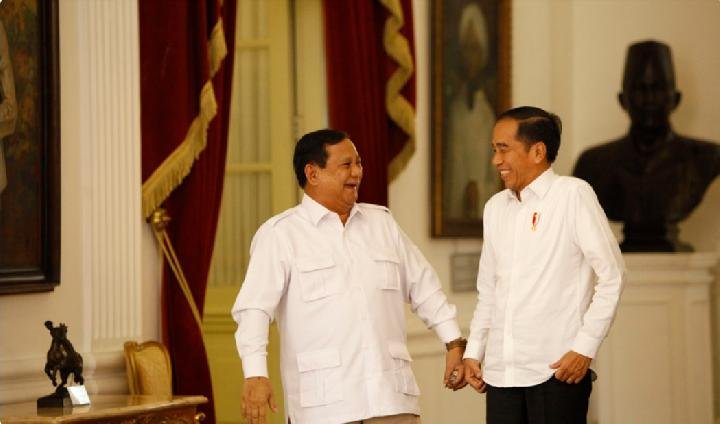
National priority targets in education include an average PISA score for Reading of 396, Mathematics 404, Science 416, an average length of schooling for the population aged 15 years and over of 9.33 years, an expected length of schooling of 13.32 years, and a proportion of the population aged 15 years and over with higher education qualifications of 34.92%.
The percentage of workers with secondary and higher education working in medium-high expertise fields is 66.78%, an average National Assessment score for Literacy Reading is 62.89, an average National Assessment score for Numeracy is 54.36, and Life Expectancy for All Ages is 74.43 years.In the health sector, targets include a life expectancy of 74.43 years, and quality and inclusive communities with a Gender Inequality Index (GII) of 0.424, a Family Quality Development Index (IPKK) of 70.29, a Child Protection Index of 65.03, a Youth Development Index of 65.62, a Gender Development Index of 92.15, Elderly Population Mobility at 94%, and Disabled Population Mobility at 69%.
Regarding science, technology, innovation, and economic productivity targets, the Global Innovation Index ranking is 60, and the Open Unemployment Rate is 4.50-5.00%.Further national priorities include continuing downstream and developing natural resource-based industries, such as the productivity and competitiveness of the manufacturing industry, with targets including a Manufacturing Industry GDP ratio of 19.34-19.60%, and Domestic and Global Economic Integration, such as Gross Fixed Capital Formation of 30.1-30.2% of GDP, Exports of Goods and Services at 21.0-21.6% of GDP, and Logistics Costs at 13.5% of GDP.
The contribution of the Metropolitan Area GDP to the national GDP is 44.35%, and the proportion of households with access to adequate, affordable, and sustainable housing is 67%, and the percentage of independent villages is 4%. This is related to the targets of Building from Villages and Bottom-up for Economic Growth, Economic Equity, and Poverty Eradication.Further targets include a Legal Development Index of 0.69, a Corruption Perception Index of 38, a Public Service Index of 3.68, an Electronic-Based Government System Index of 3.00, a Narcotics Abuse Prevalence rate of 1.7, a State-Owned Enterprises (SOEs) Return on Assets (ROA) of 3.45%, a Tax Ratio to GDP of 10.70-11.20%, and an inflation rate of 2.5-1.0%.
Finally, national priorities aim to strengthen the alignment of harmonious life with the environment and culture, comprising a Community Development Index (IPMas) of 71.07, and the proportion of direct economic losses due to disasters relative to GDP at 0.137%.
Source : detik.com
Max Rent Indonesia CO., LTD sewa boomlift murah; wilayah tangerang; kawasan industri cikarang; proyek kereta cepat indonesia; Kawasan industri Jababeka; Kawasan Ibukota Nusantara; Proyek utama strategis nasional; sewa scissorlift murah; sewa alat berat; sewa forklift murah; kawasan industri MGM Cikande; Kawasan industri Lippo Cikarang; Smelter gresik; Kawasan industri Lotte Cilegon; Pertambangan freeport papua

